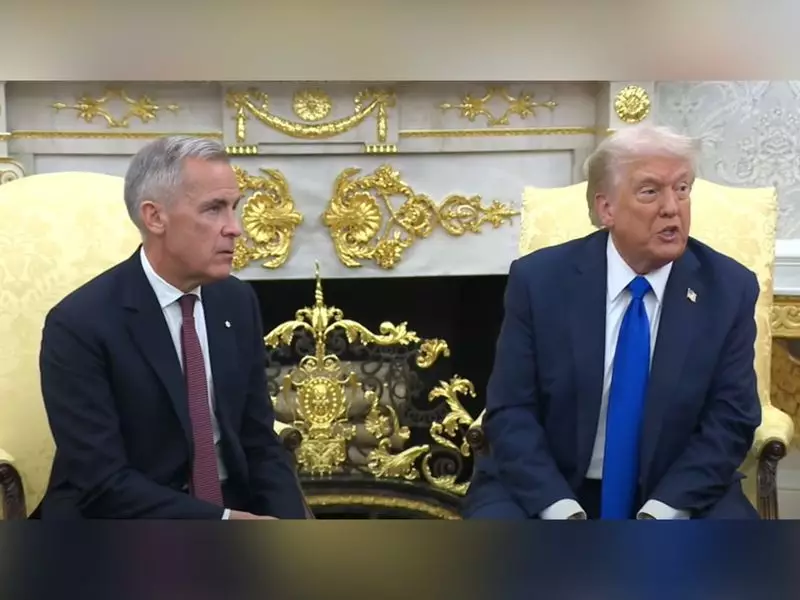
In a dramatic escalation of trade tensions, former US President Donald Trump has announced a significant 10% tariff increase on all Canadian imports, sending shockwaves through international markets and diplomatic circles.
The 'Fraudulent' Reagan Agreement That Sparked the Conflict
Trump's decision stems from his long-standing criticism of a trade agreement signed during Ronald Reagan's presidency in the 1980s. The former president has repeatedly characterized this decades-old pact as "fraudulent" and fundamentally unfair to American interests.
"This is about correcting historical wrongs," Trump stated during his announcement. "For too long, we've been taken advantage of through deals that put other countries first. The Reagan-era agreement with Canada was fraudulent from the beginning, and it's time we fixed that."
Immediate Economic Impact and Market Reactions
The sudden tariff imposition is expected to have immediate consequences for both nations:
- Increased costs for American consumers on Canadian goods
- Potential retaliation from Canadian trade authorities
- Market volatility affecting cross-border businesses
- Strain on the longstanding US-Canada trade relationship
Historical Context: Revisiting 1980s Trade Policies
The targeted agreement, signed during the Reagan administration, was originally intended to strengthen North American economic cooperation. However, Trump has consistently argued that the pact contained provisions that ultimately harmed American workers and manufacturing sectors.
Trade experts note that this move represents Trump's ongoing pattern of challenging established international agreements that he believes disadvantage the United States. The 10% tariff marks one of the most aggressive trade measures taken against Canada in recent history.
As both nations assess the economic fallout, business leaders and policymakers are bracing for potential retaliatory measures that could escalate into a full-blown trade dispute between the neighboring countries.





